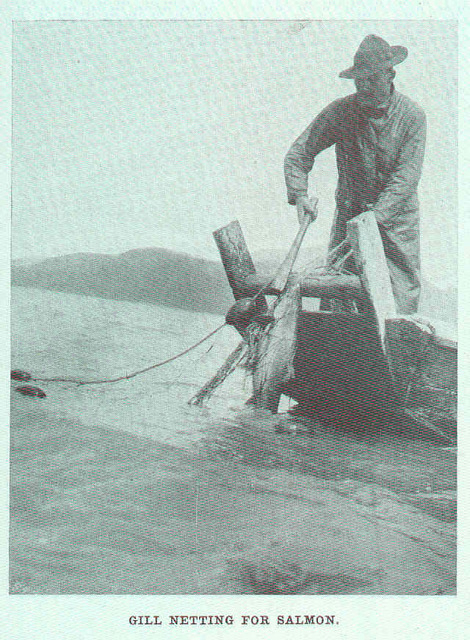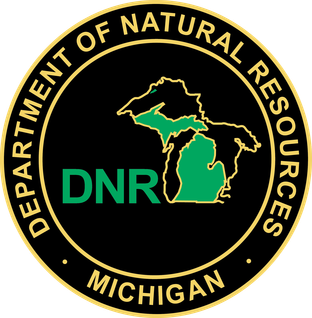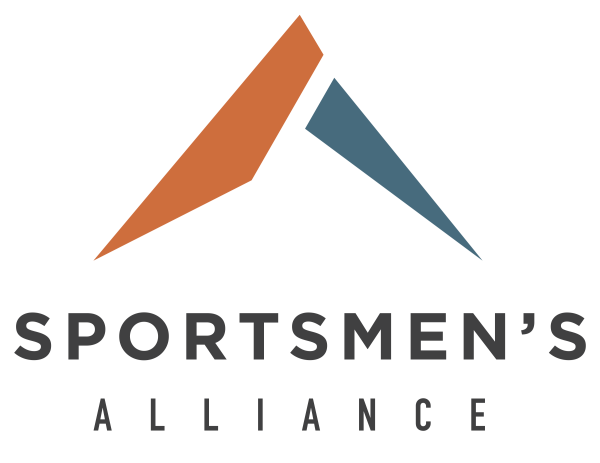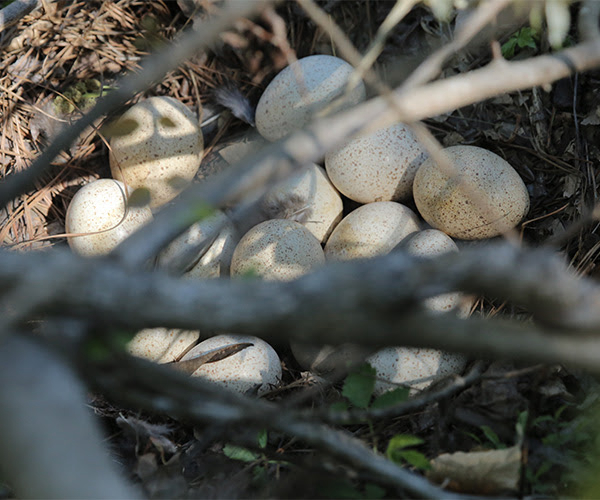Michigan’s Bait Restrictions
As the holiday weekend approaches, the Department of Natural Resources reminds anglers that the use of salmon eggs or minnows for bait is restricted in some waters, as part of a continuing strategy to slow the spread of viral hemorrhagic septicemia (VHS).
Anglers who purchase minnows for bait should make sure they are certified as VHS-free. Certified, disease-free bait is widely available and may be used anywhere for 14 days after purchase. Anglers are reminded to keep their bait receipts with them while they are using purchased bait.
The use of uncertified bait is restricted on where it can be used and can only be used for three days after purchase or collection.
Uncertified bait from the VHSv Free Management Areas can be used anywhere in the state.
Uncertified bait from VHSv Surveillance Areas can only be used in VHSv Surveillance or Positive Areas.
Uncertified bait from VHSv Positive Areas can only be used in VHSv Positive Areas and are those waters where VHS has been detected and confirmed.
All bait collected by anglers is considered uncertified bait. Information on what waters are in which VHSv Management Areas is in the fishing guide and online at www.michigan.gov/vhs.
VHS is a viral disease that causes fish to die from internal bleeding and has caused mortalities among a number of species of fish in Michigan waters. The disease has been found in the Michigan waters of lakes Erie, Huron and Superior and has been detected in Lake Michigan, though not in Michigan waters. It has been found in at least two inland lakes – Budd Lake in Clare County and Baseline Lake in Washtenaw County.
“At this point, there is no known treatment for VHS,” said DNR fish production manager Gary Whelan, who monitors fish diseases for the department. “Our best defense against it is trying to prevent its spread.”







